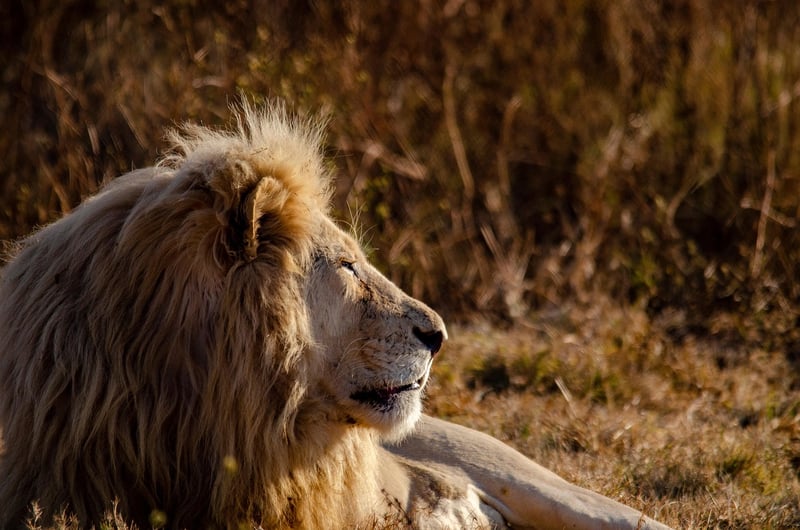Wildlife Caution
Stay Secure on Trips + Wildlife Caution
Tips for Ensuring Safety During Your Travels
Traveling can be an exciting and enriching experience, but it's essential to prioritize safety, especially when exploring new and unfamiliar places. Here are some tips to help you stay secure during your trips:
1. Research Your Destination
Prior to your trip, take the time to research the area you'll be visiting. Understand the local customs, laws, and potential safety concerns. This knowledge will help you navigate the destination more effectively.
2. Secure Your Belongings
Keep your valuables secure at all times. Use a money belt or anti-theft backpack to protect your belongings from pickpockets and thieves. Avoid displaying expensive items like jewelry or cameras in crowded areas.
3. Stay Connected
Share your itinerary with a friend or family member and stay in touch during your trip. Consider getting a local SIM card for your phone to ensure you can make calls or access the internet in case of emergencies.
4. Trust Your Instincts
If something doesn't feel right, trust your instincts and remove yourself from the situation. Avoid risky areas, especially at night, and be cautious when interacting with strangers.
Caution Around Wildlife
Encountering wildlife can be a thrilling experience, but it's crucial to approach these encounters with caution and respect for the animals. Here are some guidelines to follow:
1. Maintain a Safe Distance
When observing wildlife, keep a safe distance to avoid disturbing the animals or putting yourself at risk. Use binoculars or a zoom lens for a closer look without intruding on their natural habitat.
2. Never Feed Wild Animals
Feeding wild animals can disrupt their natural diet and behavior, making them reliant on human food sources. This can lead to aggressive behavior and harm both the animals and humans involved.
3. Respect Wildlife's Territory
Remember that you are a visitor in the animals' home. Avoid encroaching on their territory, and refrain from approaching or touching them. Keep a respectful distance to ensure their safety and yours.
4. Follow Park Regulations
When visiting national parks or wildlife reserves, adhere to the designated trails and guidelines set by the authorities. These regulations are in place to protect both visitors and the natural environment.

By following these safety tips and wildlife caution guidelines, you can enjoy your travels while minimizing risks and respecting the natural world around you. Remember to stay informed, be aware of your surroundings, and prioritize your well-being and that of the wildlife you encounter.
